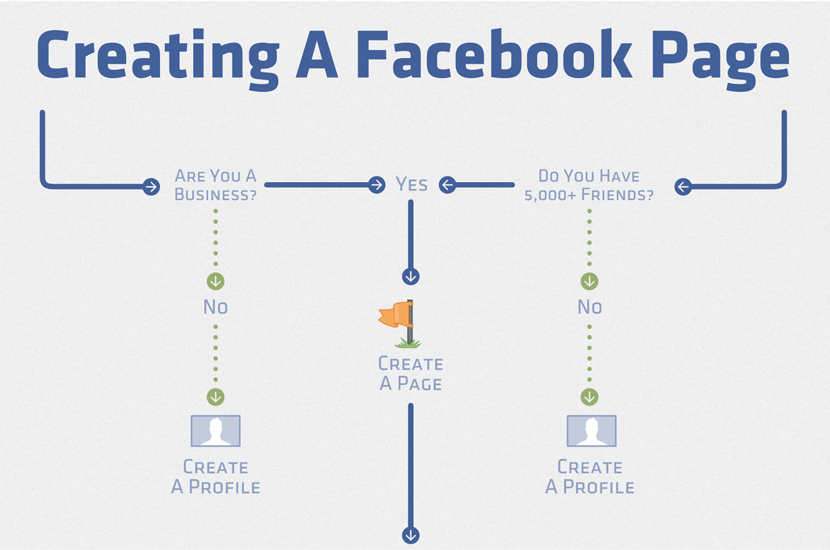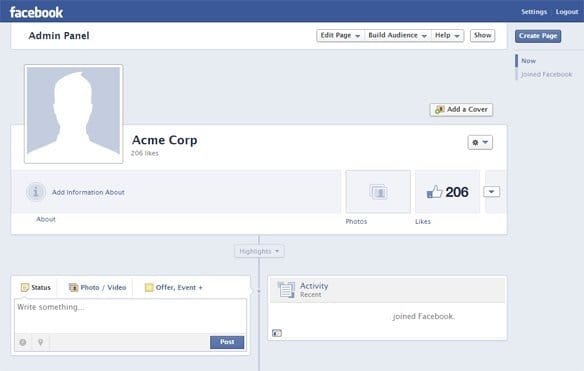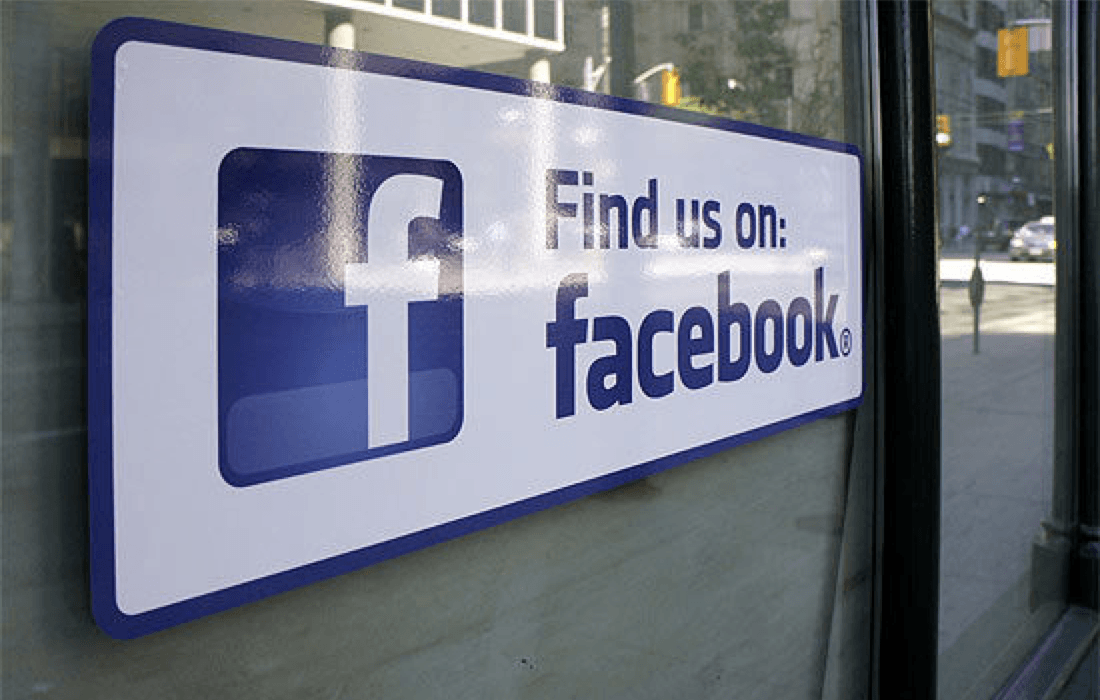 Written by ContentPowered.com
Written by ContentPowered.com
Facebook has a rocky history with business. For a while it was ignored, then it became the new paradise for businesses marketing. Saturation made it hard to break into, and it was rife with scams. It settled down, and businesses settled with it, but it has been growing increasingly hostile to those looking for a free ride. Businesses looking to get into it now have a lot to learn before they have a chance at success.
1. It’s Not Free
You can set up a Facebook page, upload pictures, post, target posts and interact with your customers for free, but it’s growing increasingly difficult to succeed using only free methods. Part of this is Facebook’s problem with advertising outside of the ad platform. Specifically, they hate it when you write and publish posts that involve advertorial language or calls to action, and consequently those sorts of posts are receiving much less visibility than other organic posts.
In order to be truly successful on Facebook, you need to go into it with a budget. Even if that budget is just $1 per day, it’s enough to fuel a basic level of production within the ads manager. If you have the money for a larger budget, you’ll see that much more in terms of returns.
There are two ways to spend money on Facebook for valuable returns. The first is through their PPC ads, specifically sidebar ads. These can be very potent, but only if you’re targeting the people who already follow you. Typically, it’s a lot harder to reach people who aren’t your followers.
The other form of paid promotion is in news feed ads or promoted posts. These are organic posts that you pay to promote, not through the boost posts button, but through the ads manager. It’s a bit daunting if you haven’t done it before, given the proliferation of options to set, but it’s well worth the time getting to know the system. Use the Power Editor; it’ll save you a lot of time.
2. It Takes Time
Facebook is not a platform you can adopt one day and see immediate returns. It takes a significant amount of time and energy to set it up, get it rolling, build momentum, test ads, run posts and build a schedule. It can take even longer for all of that effort to begin to show returns. While your PPC might show you an immediate ROI, you have to be cautious not to dig into it too deep to the exclusion of the organic side of your page.
Many businesses fail with Facebook marketing because they’re trying to get into it quickly and don’t have the willpower, time or budget to keep it up without getting something back. Assume that it will take at least a full year of use before you get a Facebook page up to a level where it will begin to provide such returns. You might be able to do it in a much shorter amount of time, but always prepare for the worst.
3. It’s Easy to Make Mistakes
Social media is a realm characterized by two things; immediate reactions and an inability to ever take anything back. Once you make a post, that post is on the public record forever. If you make a gaffe, chances are that gaffe is going to show up in some social media fails compilation online somewhere within the next few months. If you can handle it tactfully, you can come out of it with your ego bruised but your business unscathed. If you handle it poorly, you can suffer an immediate and permanent loss of reputation and business, not to mention having it thrown in your face constantly as an example of what not to do.
Just in case you think I’m kidding, just take a look at a few of these compilations. Any business, large or small, can fall victim to social media arrogance, bad timing or a poor understanding of their own reputation.
4. It’s a Lot of Work
If you haven’t grasped this by now, you might need to rethink the entire reason you want to get on Facebook. What do you need to do to go from nothing to a successful page?
Well, you start by creating the page, with the right URL and name. You move on to filling out all of the information fields available, complete with accurate information you keep up to date, with an eye for SEO keywords besides. You need to make clever and interesting cover pictures and profile images to upload, possibly with several variations for the future. You need to start writing posts and scheduling them, as many as 2-3 per day, up to several months in advance, leaving room for more timely updates in between. You need to start measuring which posts perform and which don’t, and analyzing their content.
Speaking of analysis, you need to be watching your competitors and seeing what they’re doing. You also need to be watching your industry and curating plenty of content, because no one wants to follow your page when it’s just your own stuff. Meanwhile, you need to be taking what you know of your audience and using it to target your posts and your advertising, you need to be engaging with those fans, you need to be advertising your Facebook page off-site, and so much more. It adds up; don’t underestimate it.
5. You Need to Track Goals
Facebook’s Insights are incredibly valuable once you establish a baseline and monitor them, but that means you need to, well, do that. Insights are critical in learning about your audience, their posting habits, and their demographics. They’re also essential for learning which posts you made perform well, which perform poorly, what types of content do the best, and when you should post for the best effect.
Before you can measure success, you need to have established goals, and you need to know what you need to measure to monitor whether or not you have achieved those goals. It’s all familiar if you’re experienced with conversion tracking, but many businesses seem to forget that Facebook needs to be tracked just as much as any other marketing channel.
6. It Works Best When Used Constantly
The number one killer of new Facebook pages is an inconsistent posting schedule. If a user is interested in your page, they follow it. They expect, then, to see updates from your page on a regular basis. If they aren’t seeing those updates, they aren’t engaging with your page. If they aren’t engaging with your page, they’ll be shown fewer and fewer of your updates, until they see nothing at all. As simply as that, you lose out on all of your organic reach. This forces you to pay more and more just to be seen, on those occasions when you do post.
7. You Need to Know Your Audience
Everything you do on Facebook centers around growing your audience, holding their attention, engaging them in conversation and getting them to like your brand a little bit more than they did before they saw your post. It’s not even about getting them to click through to your website. Think about it more as reputation management than direct advertising.
You can’t do any of that if you don’t know your audience. Learn who they are, learn what they like, learn where they live, learn how to captivate them, and you can learn how to get them to convert. Learn nothing, and you might as well just stand in the NYC subways and hold a sign.


